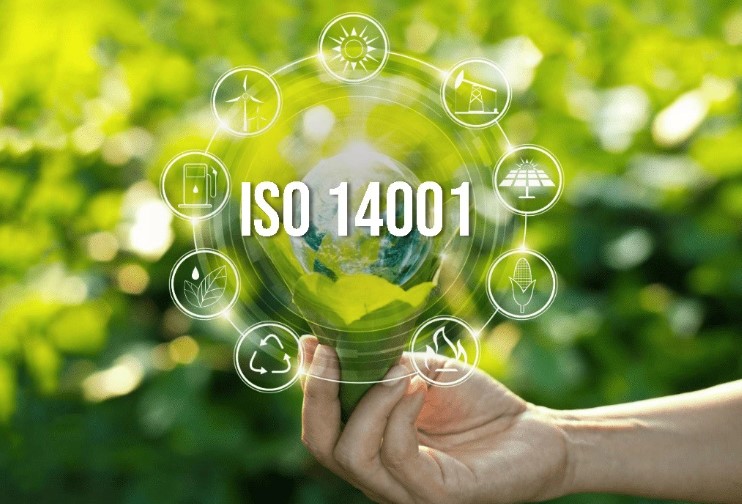Civil Engineering and Its Vital Role in Water Treatment

Civil engineering plays a pivotal role in ensuring safe and sustainable water treatment processes, essential for supplying clean water to communities and safeguarding public health. This interdisciplinary field combines engineering principles with environmental science, chemistry, and biology to design, construct, and maintain water treatment facilities that meet stringent quality standards.
Designing Efficient Water Treatment Systems
Civil engineers specializing in water treatment focus on designing efficient systems that can effectively remove contaminants and impurities from raw water sources. This involves understanding the characteristics of the water source, whether it’s surface water from rivers and lakes or groundwater from aquifers. Engineers assess water quality parameters such as turbidity, pH levels, dissolved solids, and microbial content to determine the appropriate treatment processes.
Key Treatment Processes
Water treatment plants employ various processes, each tailored to address specific contaminants:
- Coagulation and Flocculation: Chemicals are added to water to neutralize charges and form larger particles (flocs), which can then be easily removed.
- Filtration: Water passes through layers of sand, gravel, and activated carbon to trap suspended particles and remove pathogens.
- Disinfection: Chemical disinfectants (e.g., chlorine, ozone) or ultraviolet (UV) light is used to kill or inactivate harmful microorganisms.
- Desalination: In areas with brackish or saline water, desalination processes like reverse osmosis remove salt and minerals to produce potable water.
Infrastructure Development and Maintenance
Civil engineers are responsible for planning and constructing infrastructure such as water treatment plants, pipelines, reservoirs, and pumping stations. They ensure that these facilities are resilient to natural disasters and can accommodate population growth and fluctuating water demands over time. Maintenance and upgrades are also crucial to ensure operational efficiency and compliance with regulatory standards.
Innovations in Water Treatment Technology
Advancements in civil engineering have led to innovative technologies in water treatment:
- Advanced Oxidation Processes (AOPs): Utilizing hydroxyl radicals to degrade organic pollutants.
- Membrane Filtration: Enhancing efficiency in removing microorganisms and contaminants.
- Smart Water Networks: Using sensors and data analytics to monitor water quality in real-time and optimize treatment processes.
Challenges and Future Directions
Civil engineers face ongoing challenges in water treatment, including aging infrastructure, emerging contaminants (e.g., pharmaceuticals, microplastics), and climate change impacts affecting water availability and quality. Future directions in the field involve integrating sustainability principles, enhancing energy efficiency, and promoting water reuse and recycling to ensure long-term water security.
Civil engineering plays an indispensable role in the complex and vital task of water treatment. By integrating scientific knowledge with engineering expertise, civil engineers contribute to public health protection, environmental sustainability, and community well-being. As global challenges evolve, ongoing innovation and collaboration within the field will be essential to meet the growing demands for clean and safe water resources.
Through continuous advancements and a commitment to excellence, civil engineers in water treatment pave the way for a healthier and more sustainable future.







